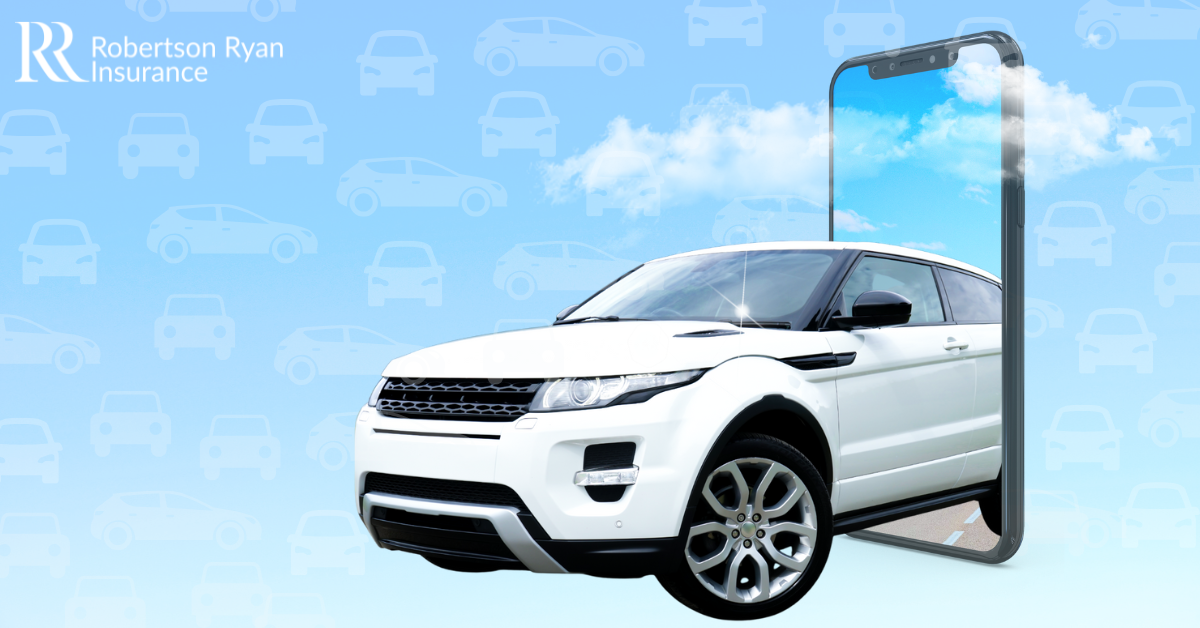Rental Car Insurance: What You Need to Know Before You Drive
July 1, 2025

Do I Need Rental Car Insurance? What to Know Before You Hit the Road
Renting a car while traveling can be convenient, but it often comes with a big question at the counter: Do you want to add insurance coverage? Understanding your options ahead of time can help you make an informed and cost-effective decision.
What Insurance Does a Rental Car Need?
All rental cars must have at least the state-required minimum liability coverage. This protects other people if you cause an accident that results in injuries or property damage. If you don’t have your own car insurance, you can buy this coverage directly from the rental company.
However, liability is just the baseline. You may also want coverage for damage to the rental car, medical bills, or even stolen personal items. That’s where additional insurance, or even existing policies you may already have, can help.
Does My Personal Auto Insurance Cover Rentals?
If you have a personal auto policy, your coverage usually extends to rental cars…as long as the rental is for personal use and you’re within the U.S. or its territories. Your deductible and coverage limits will apply to any claims.
Here are common coverage types that may carry over:
- Liability Insurance: Pays for damage or injury to others if you’re at fault.
- Collision Coverage: Helps pay to repair or replace the rental if it’s damaged in an accident.
- Comprehensive Coverage: Covers damage from theft, weather, or vandalism.
- Medical Payments (MedPay) or Personal Injury Protection (PIP): Helps with medical expenses for you and your passengers.
Always check your policy’s declarations page or talk to your agent to understand what’s included, especially if you’ve dropped collision or comprehensive coverage.
What If I’m Using a Credit Card?
Some credit cards include rental car insurance when you use the card to pay for the rental and decline the rental company’s damage waiver. This coverage is often secondary, meaning it only kicks in after your personal auto policy pays. A few cards offer primary coverage, which can reduce your out-of-pocket expenses.
Each card has its own terms, so it’s a good idea to:
- Confirm whether coverage is primary or secondary.
- Ask about exclusions (e.g., types of cars, countries, or accident types).
- Find out what documentation is required if you need to file a claim.
Coverage Offered by the Rental Car Company
If you don’t have personal coverage, or if you want to reduce your risk of unexpected costs, rental companies offer their own protection plans. These may include:
- Collision Damage Waiver (CDW): Not technically insurance, this waives your financial responsibility if the car is damaged or stolen.
- Supplemental Liability Insurance (SLI): Increases the amount of liability protection.
- Personal Accident Insurance (PAI): Pays medical costs for you and your passengers after an accident.
- Personal Effects Coverage (PEC): Covers personal belongings stolen from the car.
- Roadside Assistance: Helps with flat tires, lockouts, or towing.
These options are typically charged per day and can add up, so be sure to weigh them against the coverage you already have.
What About Other Types of Insurance?
You may already have coverage from other sources:
- Health Insurance: Can help with medical bills from an accident.
- Homeowners or Renters Insurance: Often covers personal items stolen from a rental car.
- Travel Insurance: Some plans include rental car coverage for theft or damage.
- Umbrella Insurance: May cover costs beyond the limits of your other policies.
- Non-Owner Car Insurance: If you don’t own a car but rent regularly, this can provide liability coverage.
Renting Internationally? Take Extra Precautions
Most U.S.-based policies and credit card benefits don’t cover rentals outside the country. Before traveling abroad:
- Check if your insurer or credit card offers international rental coverage.
- Consider a stand-alone rental policy or purchase insurance directly from the rental company in your destination.
- Ensure your policy meets local legal requirements and includes adequate liability coverage.
Final Thoughts
You’re not required to buy rental car insurance if your current policies provide sufficient protection, but gaps in coverage are possible. The best approach is to:
- Review your personal auto policy and credit card benefits.
- Consider your destination, the length of your rental, and your risk tolerance.
- Call your Robertson Ryan Insurance Agent or credit card provider if you’re unsure.
With a little preparation, you can drive away with peace of mind and potentially avoid unnecessary extra costs at the counter.
*Please note that we rely on independent sources, and recommend conducting further research or to seek guidance from a qualified industry professional, legal counsel, or licensed insurance agent as appropriate for your needs. These blog posts are intended for general informational purposes only.